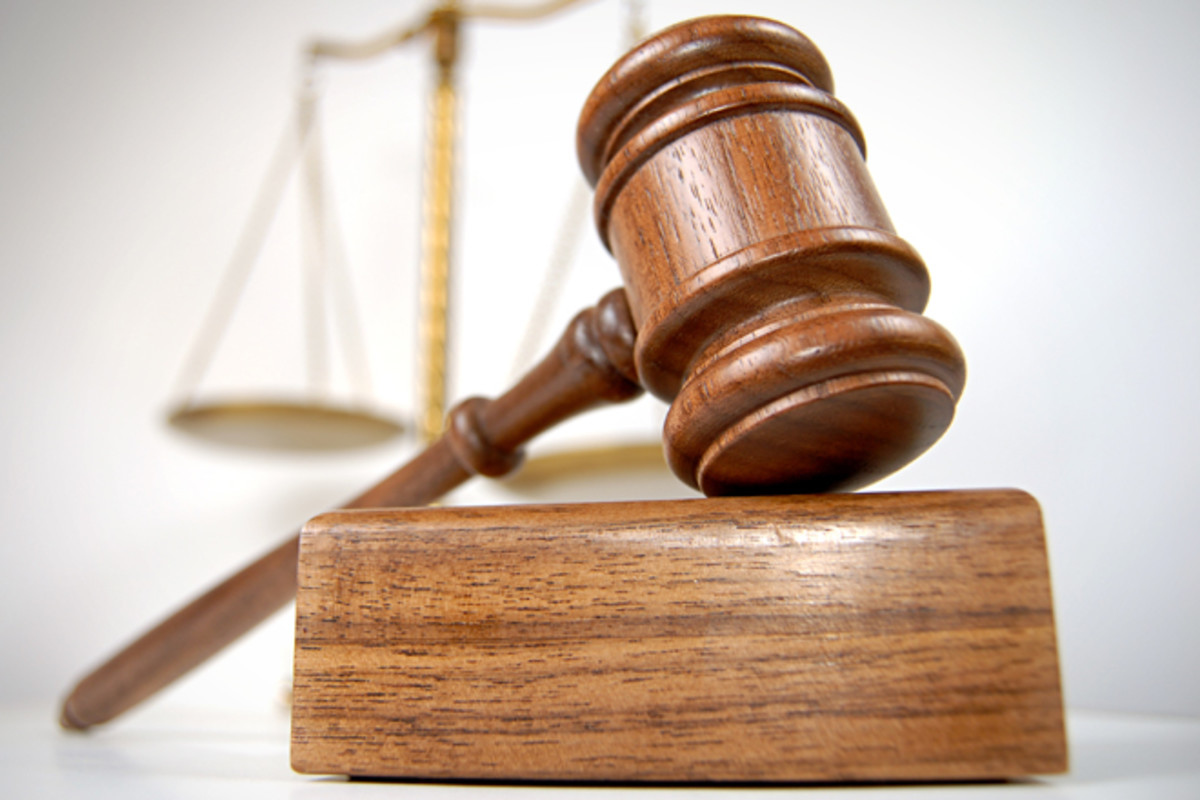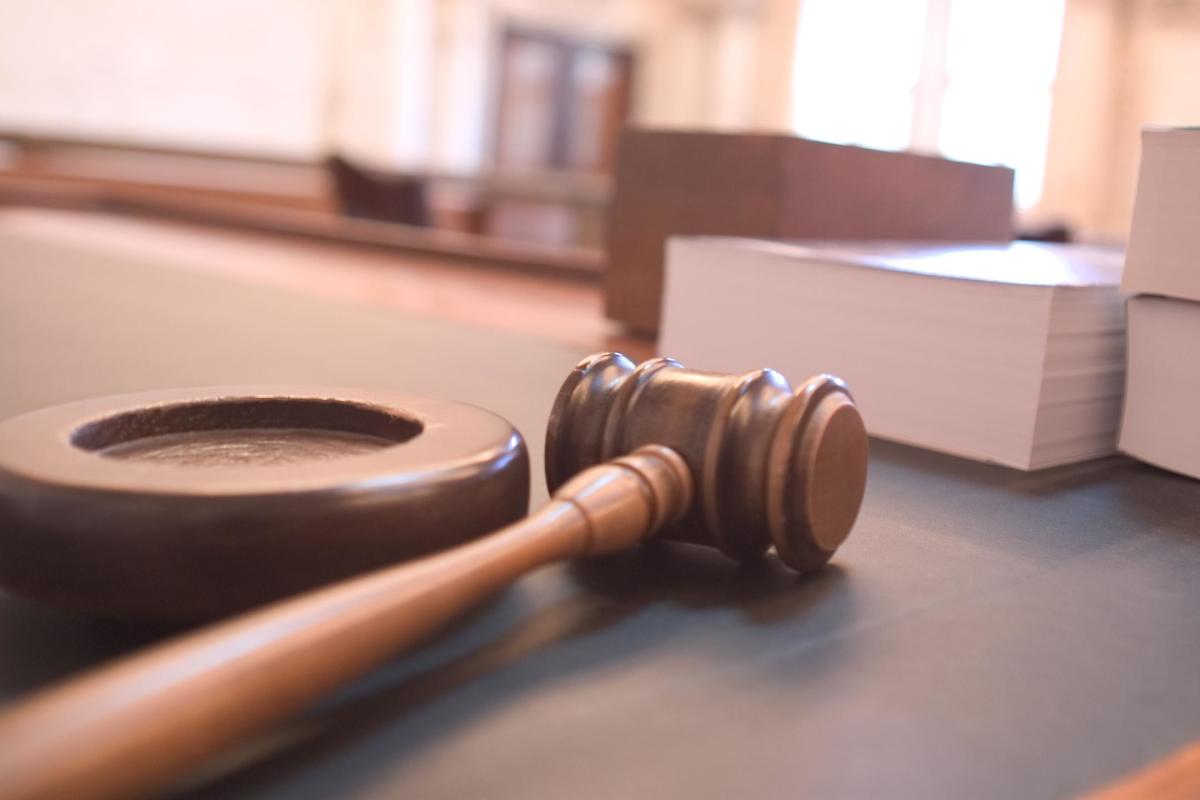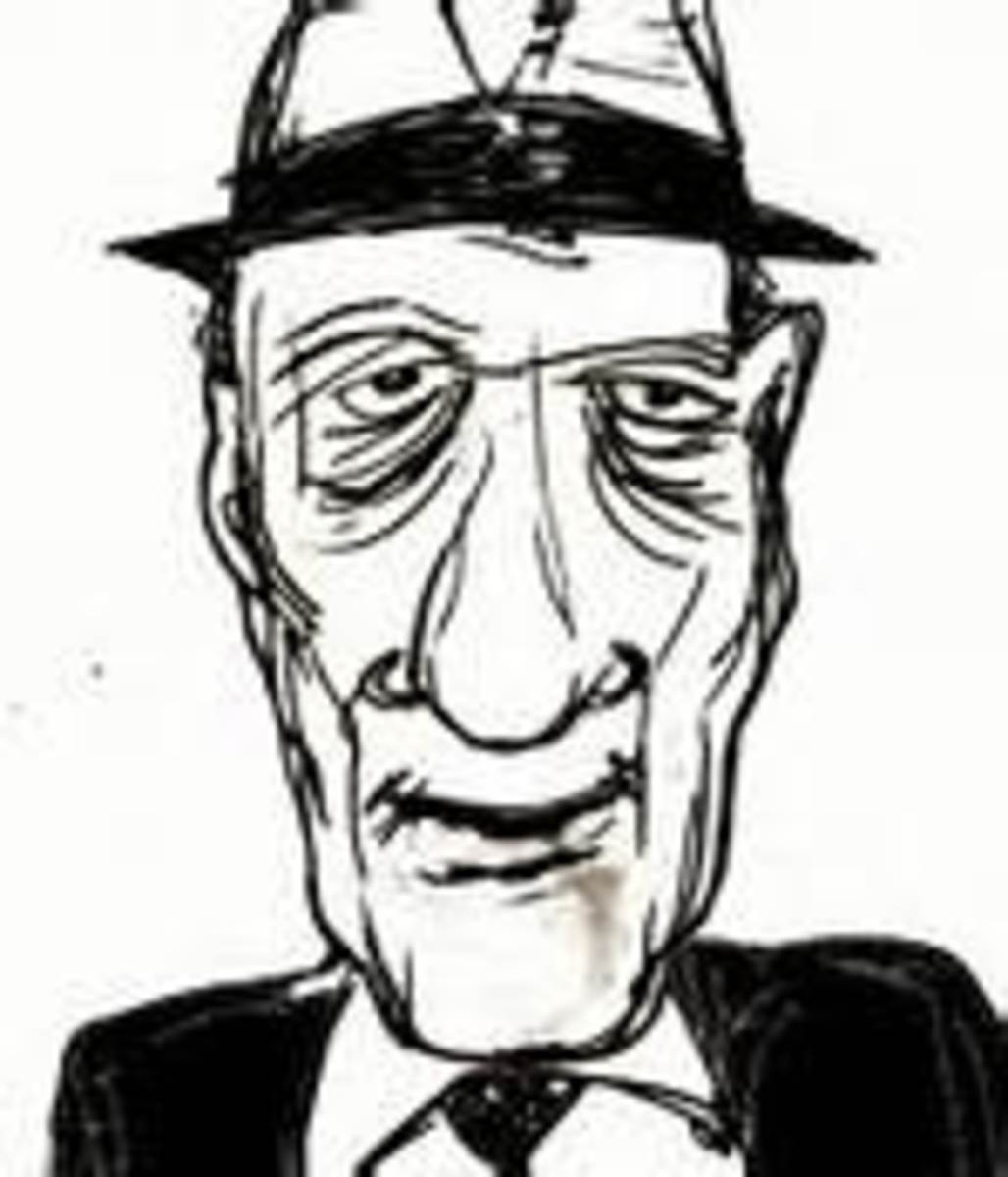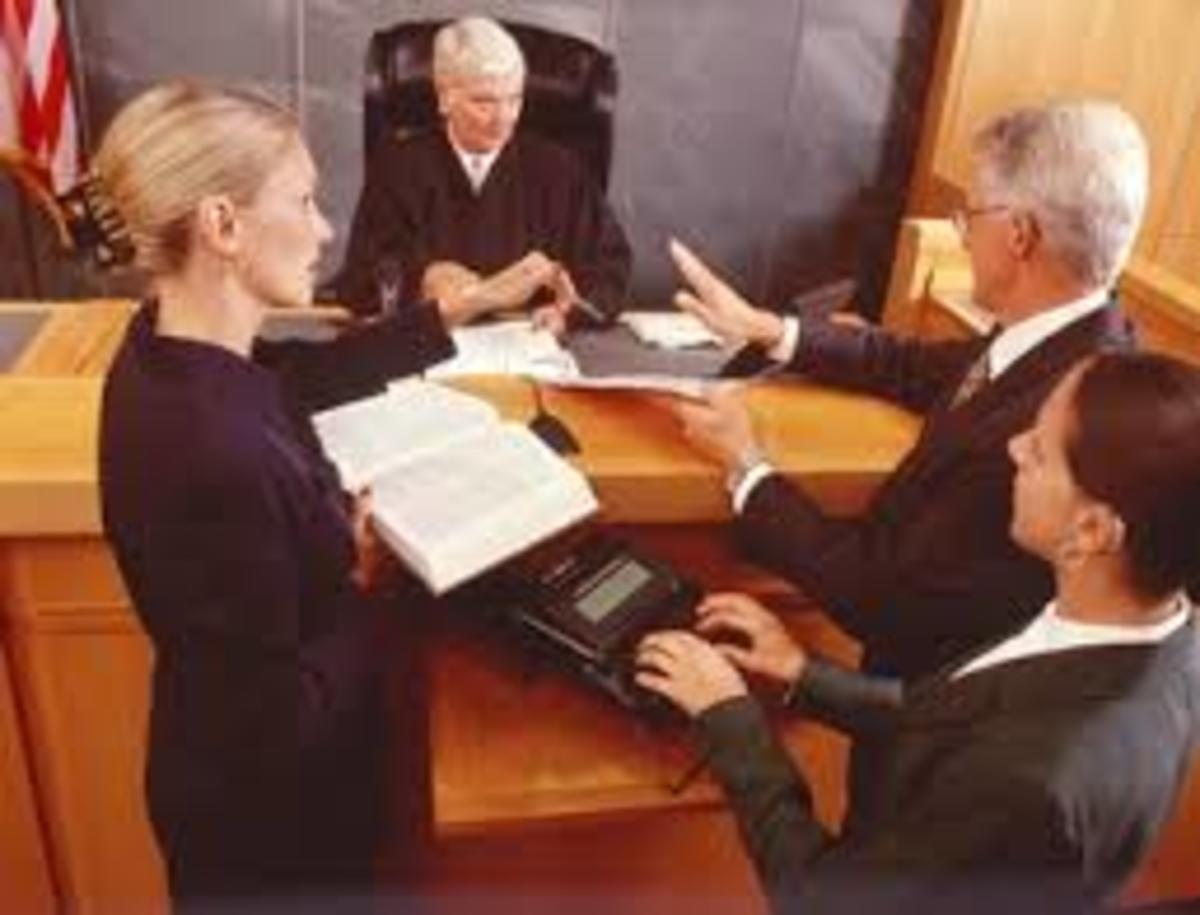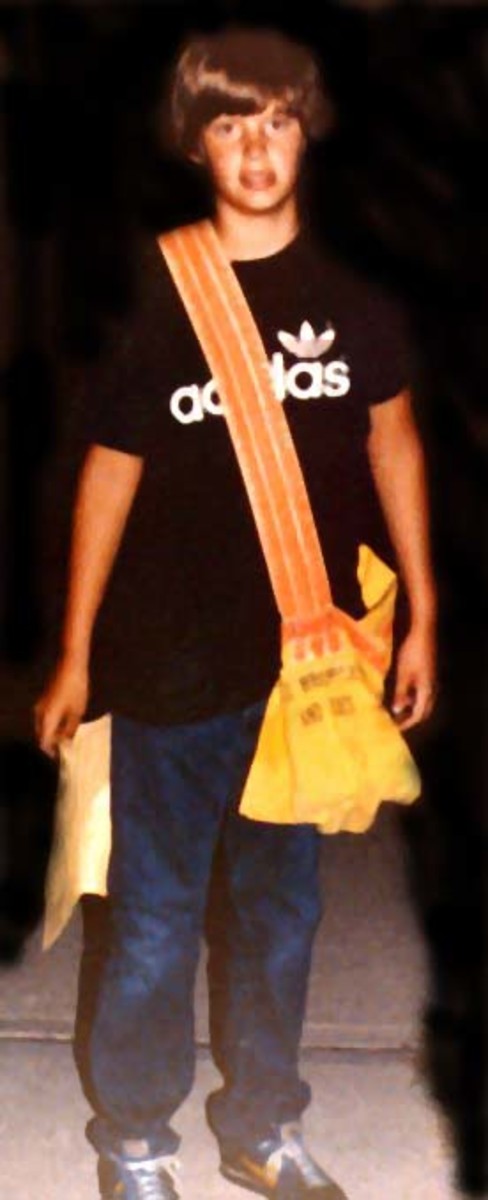My Day on Jury Duty

It had been several years since I was last called for jury duty. Before then, I was called pretty often, although never selected to serve on a trial. When I received my jury duty letter, it was for the downtown Boston courthouse. For those who didn’t have a walking problem, the courthouse was relatively close to transportation and a parking lot. I requested and was approved to do jury duty in my local district. In my area, parking and the bus stop is very close to the court building right across the street.
I was required to call the courthouse the night before to see if I was needed. As luck would have it, the telephone recording stated that I had to attend. I was instructed to arrive at eight in the morning.
Before arriving at court, each potential juror had to complete a questionnaire mailed to us before our court date. We were asked to bring it to our jury duty date. This turned out to be extremely important, as what you write down could make you ineligible for jury duty. We had to write down whether or not we had friends or family in the law enforcement profession. The questionnaire also asked if we had been involved in any criminal activities, or been the victim of a crime.
At the courthouse, there were signs stating that no cell phones are allowed in the building. There are also no public phones available. There are empty wooden boxes on the walls where the public telephones used to hang. Some years ago, people in criminal court would take a digital picture of witnesses as they testified against one of their friends. The friends would then pay a visit to a witness, and ‘convince’ him not to return to court. So now, no cell phones are allowed.
Some people who are not aware of the policy will show up with a cell phone. The court officer will not allow entry, nor will they store it for you. In areas where there are variety stores or small shops close by, the vendor will hold your cell phone for you until you return from court, for around $3.00 per phone. It’s a good idea, helpful, and uniquely entrepreneurial.
About fifteen of us were asked to sit in an alcove area until eight-thirty. We were a bunch of middle-aged men, women and seniors, with a sprinkle of twenty-somethings. We each quietly said hello when we entered the area. People in the same set of circumstances tend to be friendly just in case.
At eight-thirty on the dot a court clerk promptly arrived and claimed us from the area. He told us to follow him single file into a room with a ‘Private - Jury Pool’ sign on the door. We weren’t asked, but we were all silent. I guess either in awe of the process, or out of respect.
The clerk asked us to go one by one into a small room to check in. We were to present our completed questionnaire before sitting in the main jury pool waiting room. That’s when the clerk found out that over half of the attendees had not filled out their questionnaire. They were given their sheet back with a pen and clip board to finish it. Those of us who brought their completed questionnaire were signed in, given a large black number on a white card that was scanned by the clerk. Once our card was scanned we could go into the main jury pool waiting room.
One loud, elderly and cantankerous guy clearly did not want to be there. A very tall, imposing gentleman, he was grouchy and complained about having to fill out his questionnaire and a few more pieces of paper. The clerk asked him in the small room. We heard the clerk read the Riot Act to the guy. He came out and silently finished his questionnaire.
The waiting room was warm. The fifteen of us spread out on about ten rows of uncomfortable chairs. Some were prepared and brought a book or newspaper to read. Others sipped from their water bottles. It was really quiet with the exception of the large television set hung high in the front corner of the room. A number of us fell asleep in our chairs waiting for something to happen. I didn’t bring my watch, so I didn’t know how long we were there.
The clerk entered and woke us up. We were shown a 20 minute film about the importance of serving on jury duty. At the end of the film, a judge arrived. She gave her appreciation that we showed up to serve, and repeated why serving is important for the court system. She informed us that there were ten trials scheduled for the day. She would review each trial with the attorneys to see how many were ready to go forward. If we had to serve, she stated that none would last more than 2 days. She noticed the room was hot, and asked the clerk to turn the heat down.
Once the heat was turned down, the room became more bearable. We waited for about fifteen more minutes until the clerk again came into the room. He told us, “There’s only going to be one trial today. Seven of you will get stuck. The rest of you can go home.” I was glad that I chose the local courthouse. The one downtown would have over 100 people waiting for a trial out of several potential trials.
After a few more minutes, we were guided single file into the actual court room. We were asked to sit together to the right of the room. The judge and his clerk were in place at the front of the courtroom. The defendant was sitting at a table with his attorney, and the city attorney was at a table on the same side as us. An older woman was seated behind the defendant.
The case was a young guy who violated a domestic abuse restraining order. The judge went to great pains to ask several questions about our ability to be impartial during the trial. He asked us if we knew anyone in the room affiliated with the case. – attorneys, witnesses, etc. Each person had to stand and look at us when he mentioned the name and title.
The defendant was wearing clothes clearly too big for him. It gave him a look of having borrowed his big brother or uncle’s clothes to be presentable. He was more or less in his early thirties, with a new, awful haircut. The poor mother of the defendant looked frightened, frail and a little miserable and embarrassed. She wore a simple white short sleeved blouse with black pants. Hair was neat and short cropped.
I was surprised at how casual the defendant’s lawyer was dressed. She was an upper-middle aged woman wearing a sweater under a jacket, polyester pants, and casual flats. The city attorney looked sharp in a conservative suit. I wondered how attorneys at the downtown courts dressed in comparison.
The judge informed us that either lawyer had the right to reject a juror for reason that the person would not benefit either party to the case. Two jurors could be rejected from the pool for no reason at all. The court clerk informed us that if our number was called, we had to sit in the jury seats in the front side of the courtroom. The tall grumpy elder man was chosen as a juror. A few of us looked at each other in a silent fist-pumping “yes!”
I was also chosen as a juror. On the way to my seat, the judge said he wanted to talk to me. I had to go in a close huddle with the judge, both attorneys, and the defendant. We discussed several items on my questionnaire. Then the judge determined that the case would be best served if I did not participate as a juror. He thanked me, and I was sent back to the potential jurors’ seating.
The entire jury selection process took less than forty-five minutes to complete. The final jury pool was four guys and three women, accepted by both lawyers and the judge. We were allowed to leave after a thank you by the judge. The total time from entering the courthouse at eight to leaving was five hours. About two weeks later, I received my jury duty confirmation letter. Safe for the next three years!
Although I didn’t get selected, I found the experience an interesting one. Everyone affiliated with the court and jury process treated us with care and respect. Our comfort was important to them. They didn’t waste our time. I felt everyone appreciated us for showing up and willing to participate in the process.
I don’t think people should try to get out of jury duty before they even show up for the pool. Whether or not you have to serve is up to many variables I considered fair. A two day trial is really short when you consider the amount of time spent serving on big, public, celebrity cases.
Everyone going through the court system deserves to be judged by his or her peers. I believe that a few hours of my time every three years is not a lot for my country to ask of me. I felt good taking part in my civic duty. I hope this chronicle of my experience will encourages others to participate if called to serve.

